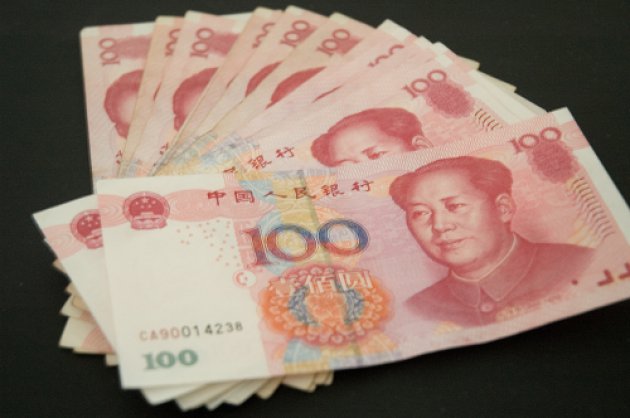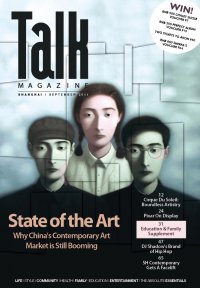DIY Investing Do’s and Don’ts

By James Lindsay
Last month, James Lindsay from Bamboo Money offered advice on finding a broker in Shanghai and suggested a DIY approach to investing. This month, he’s back with more financial advice – this time detailing exactly what DIY means when it comes to your money.
First, let me make clear what I don’t mean by DIY investing. It does not mean handing over responsibility to someone else. It’s no different from your physical health: even if you have a personal trainer dragging you out of bed in the morning, you are still responsible for ‘looking after’ your own health. So before considering the detail of DIY money management, everyone, with broker or without, needs a basic understanding of these four general principles: good security, low cost, optimised tax and balanced asset allocation.
“What, no returns?!” I hear you interject. “He’s writing about investing and he thinks returns aren’t important?” First, I’m writing about personal finance. In this context, investing means putting your money into something that, rationally, has a good chance of giving a better return than cash. By that definition, you don’t have to invest to have healthy finances. You might inherit two million dollars and put it in 20 different bank accounts and live happily ever after. So before we consider getting the best returns from specific investments, we should think about general types of wealth and we’ll cover that in asset allocation.
First, security: do you know if your money is going to be there tomorrow? A bank is more secure than under your mattress. A financial institution that’s regulated by a big government is more secure than one that’s not. Some financial institutions will fail, so you shouldn’t put all your money in one place.
Second, cost. There’s a line in the training manual of one – probably all – of the offshore financial salesmen that covers this topic. “If Mr Client asks about cost, tell him your clients are people who don’t need to concern themselves with cost. If he persists and says that your product is expensive, remind him that he drives a BMW and not a Ford, and that everything else in his life is top of the range, so why not his financial products?” The implication of course is that expensive means better, but if there’s one area in your life where this is not the case, it’s in financial products. The reason is that the outcome you are looking for is financial. You want the same amount of money – ideally more money – returned to you after a certain period of time. So whatever your costs, those costs are compounded over time and drag down your ultimate return. Sear this into your financial lobe and let it burn white hot every time you need to make a personal finance decision: ‘How much does it cost?’
Next, taxes. As an expat, products will be pitched to you on the basis that they are ‘tax-efficient’, but it’s almost always not the product that’s tax-efficient, it’s you. It’s your citizenship and your residence status that matter. As you may move frequently through your life, you shouldn’t tie yourself in to any long-term financial products that will stop you from benefiting from tax advantages later.
Finally, asset allocation. Think short-term and long-term. For emergencies, you should have some cash in a safe at home. In case you lose your job, you should have three to six months’ worth of expenses in an instant access bank account. Long-term, you’re free to aim for a higher return, to get as much as possible for your retirement or any other long-term objective. How much should you put in stocks and other volatile investments? For retirement, subtract your age from 100 to get a suggested percentage. The rest goes in fixed income. This figure’s not scientific but it’ll give you a starting point for a discussion with your other half and your friends and colleagues.
It’s up to you to talk and think about these things and to review your finances according to the four principles above. I’ll go over each of those four principles in more detail over the coming months. But for now, use these basics to take control.
James is the editor of ‘eg’, the online money magazine for expats in Shanghai. Visit www.egmoneymagazine.com to read more about making the most out of your money.


